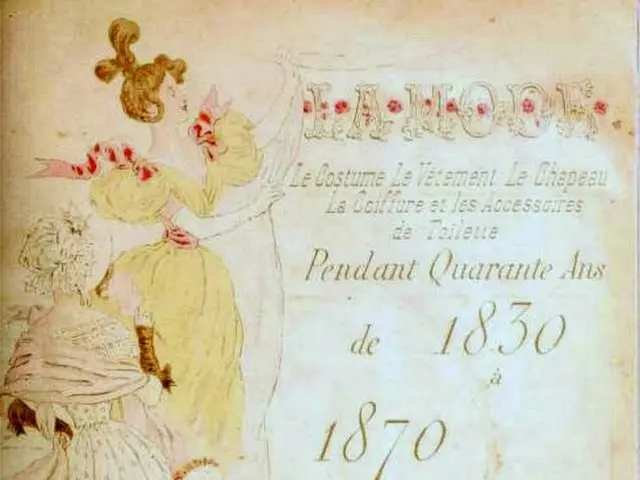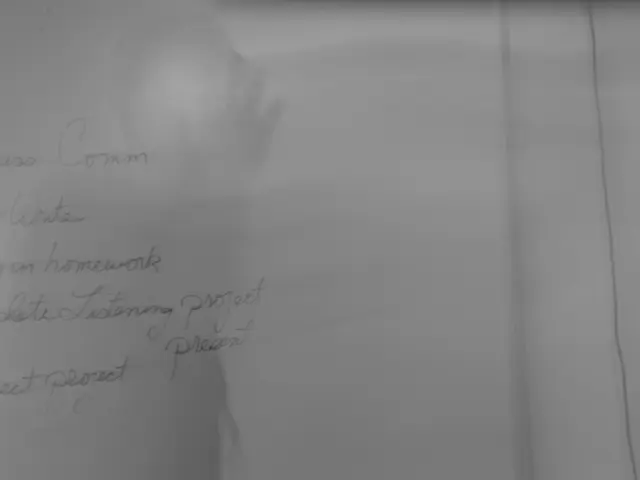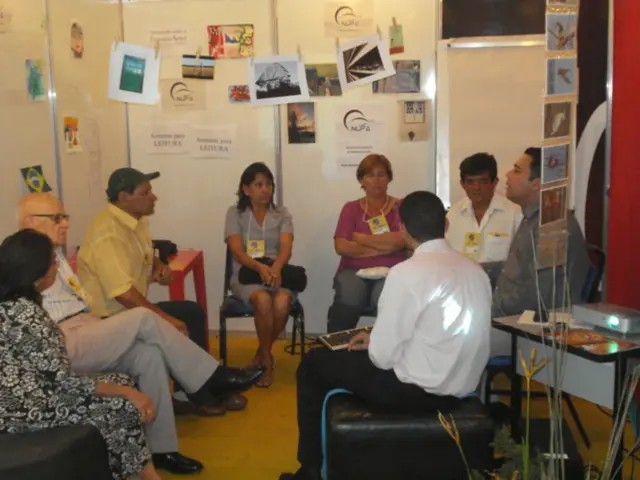Europe Battles Coronavirus: Greece Imposes Curfew, Austria Provides Free PCR-Tests at Specific Locations
In Europe, countries are gradually easing COVID-19 restrictions, with shopping centers, museums, hotels, entertainment centers, and outdoor sports facilities set to reopen in Poland on February 12 [1]. However, public demonstrations and daily life continue to be impacted across several countries, including Greece, Austria, Poland, France, and the Netherlands.
Public Demonstrations
Many European countries, including the ones mentioned, imposed limits on the size of public gatherings during COVID-19 peaks. For instance, Germany enforced a ban on groups larger than two people in public, effectively restricting protests and demonstrations [2]. While the exact current rules for these countries are not detailed, it is common that restrictions either banned large protests outright or limited them to socially distanced, smaller groups to minimize contagion.
Daily Life
Restrictions such as physical distancing, mask mandates, and limitations on business operations have been in place intermittently across Europe, impacting how people work, socialize, and move in public spaces [2][4]. Compliance with these measures varied, and easing often followed declines in case numbers, but such restrictions disrupted normal routines and economic activities.
National Differences
Containment policies, vaccination strategies, and virus variants have differently shaped each country’s response and impact on daily life and public activities, with some countries like Germany having federal structures complicating uniform enforcement [2][4].
Notable Developments
- In Copenhagen, Denmark, approximately 600 people protested against the Danish government's plans to introduce special passports for vaccinated individuals [3].
- Austria is implementing new rules requiring at least 20 square meters of space per customer in stores, leading to long queues outside smaller shops [1].
- Austria will require hairdressers and beauty salons to only serve customers with a negative COVID-19 test, starting from Monday [1].
- A weekend curfew is currently in effect in the capital city of Greece, leaving streets empty on Saturday evenings [1].
- Ski lifts in France will remain closed until at least the end of February [1].
- Hotels and ski slopes in France will be open, but an influx of tourists is not expected due to the popularity of downhill skiing over cross-country skiing [1].
- Several free testing points have been set up in Vienna, Austria, with more people taking advantage of this opportunity [1].
- The Netherlands has started a vaccination campaign using the "AstraZeneca" vaccine [4].
- In Greece, a measure requiring a negative COVID-19 test for entry into restaurants and indoor sports facilities has been announced for at least three more regions, including Attica, and will remain in place until mid-February at the earliest [1].
- The reopening in Poland may be reviewed in two weeks, depending on the situation [1].
- Restaurants and indoor sports facilities remain closed in Poland [1].
The protest in Copenhagen took place outside the parliament building and continued through the city center [3]. Hotels and ski slopes in France will be open, but an influx of tourists is not expected due to the popularity of downhill skiing over cross-country skiing [1].
For the most detailed and current information, checking national government or health authority sources per country might provide precise regulations on COVID-19 restrictions affecting public demonstrations and daily activities.
References:
[1] BBC News. (2021, February 8). Austria to test customers in shops and hairdressers. https://www.bbc.com/news/world-europe-55992109
[2] The New York Times. (2020, March 13). What the Coronavirus Means for Protests. https://www.nytimes.com/2020/03/13/world/europe/coronavirus-protests-europe.html
[3] The Local DK. (2021, February 7). Anti-vaccine passport demonstration in Copenhagen draws over 600 people. https://www.thelocal.dk/20210207/anti-vaccine-passport-demonstration-in-copenhagen-draws-over-600-people
[4] The Local NL. (2021, February 8). The Netherlands starts AstraZeneca vaccination campaign. https://www.thelocal.nl/20210208/the-netherlands-starts-astrazeneca-vaccination-campaign
In the context of COVID-19 restrictions in Europe, public demonstrations, such as the one against vaccine passports in Copenhagen, Denmark, have continued, albeit with limited numbers due to regulations [3]. Furthermore, science and health-and-wellness intersect in the discourse surrounding the reopening of environments like gyms and restaurants, as countries like Greece have announced measures requiring a negative COVID-19 test for entry into such facilities [1].







